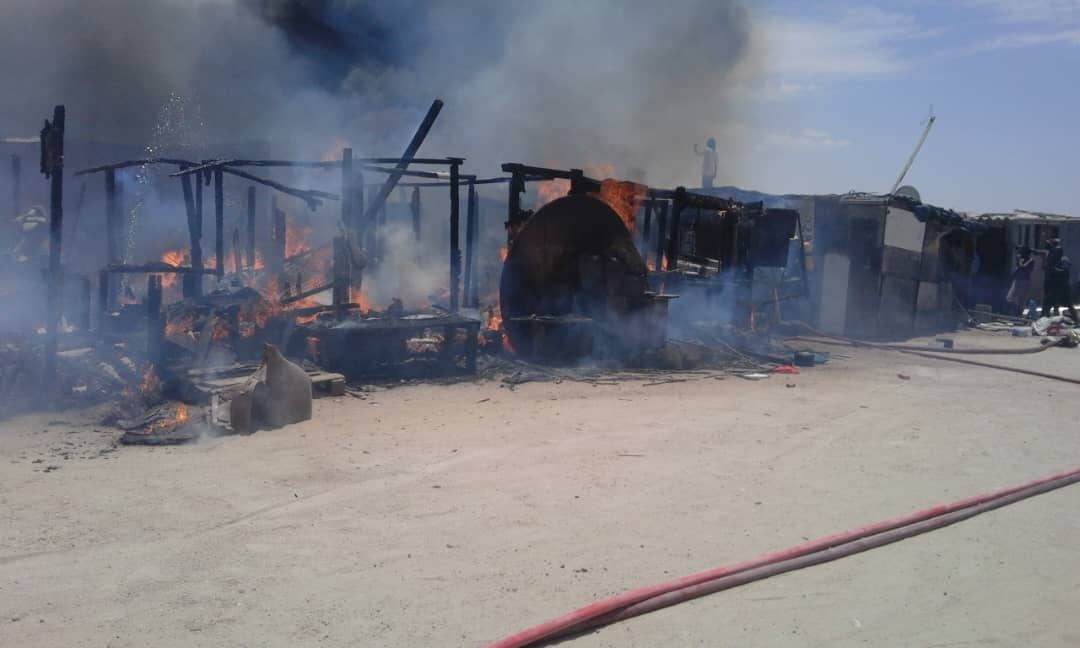NEW YORK – A tense new film shows Japanese fishermen luring thousands of wild dolphins into a hidden secret cove in Japan where activists say they are captured for marine amusement parks or slaughtered for food.
‘The Cove’ follows a team of activists including former dolphin trainer from the ‘Flipper’ television series Ric O’Barry.They battle Japanese police and fisherman to gain access to a cove in Taiji, Japan, where barbed wire blocks people from filming dolphin killings that begin in September each year.The documentary opens in the United States on Friday but has yet to receive distribution in Japan, where O’Barry says 23 000 dolphins and porpoises are legally killed each year.The Japanese government said it has done nothing wrong and cites cultural differences in response to the film.Dolphin meat is eaten by a very small percentage of Japanese people.The film has already been praised by critics and won the audience award at this year’s Sundance Film Festival. ‘Eco-activist documentaries don’t get much more compelling than ‘The Cove’,’ said Variety’s review.O’Barry, who has been visiting Taiji several times a year for the past eight years and now wears disguises in the town to avoid the attention of fisherman and the police, predicted the film would have a big impact.’When the film is seen in Japan, it will shut ‘the cove’ down permanently’, he said in a recent interview.The 69-year-old says he began fighting against the captivity of dolphins when one of the animals he trained for the hit 1960s TV show ‘Flipper’ voluntarily stopped breathing until it died.’Ric is a hero,’ said the film’s director, Louie Psihoyos, who has photographed for National Geographic magazine. ‘He had success, he had fame, he had money and he turned his back on all of that to follow his conscience.’The film turns into a gripping action-adventure using hi-tech cameras to film the efforts of Psihoyos and a team including underwater sound and camera experts as well as champion free divers to film inside the cove.TOXIC OCEANS’The film is about leading an ‘Ocean’s Eleven’ kind of team into this secret cove to try to reveal its dark secrets,’ said Psihoyos, referring to the popular Hollywood film about a top notch team who break into impossible places. ‘It was extremely scary.’But ‘The Cove’ largely examines environmental issues, including Japan’s efforts to persuade the International Whaling Commission (IWC) to lift a ban on commercial whaling introduced in 1986. The ban does not apply to smaller cetaceans including dolphins.The film argues that toxic waste dumped into the ocean has caused higher levels of mercury poisoning found in larger species of ocean life, including dolphins.A spokeswoman for the Japanese embassy in Washington, Izumi Yamanaka, said in an e-mail the area surrounding Taiji had traditional dietary habits of eating dolphin meat and that Japan adhered to IWC rules.’The Japanese government believes that it is most important to recognise national and cultural differences,’ she said.She added Japan complied with laws that advise pregnant women against eating seafood, including dolphin meat, with high levels of mercury, and would investigate assertions in the film that dolphin meat is sold in Japan disguised as whale meat.Dolphin hunts are largely driven by a multibillion dollar marine amusement park industry located in the United States and around the world, who pay up to US$150 000 per dolphin, according to O’Barry.’People who see this movie are going to think twice before they buy a ticket to a dolphin show,’ he said.Ultimately the film is part of a larger story of the destruction of the oceans and planet, the filmmakers said.”The Cove’ is a microcosm for the poisoning of the oceans,’ said Psihoyos. ‘A hundred years from now they are going to say this is the generation that could have turned things around.’- Nampa-Reuters
Stay informed with The Namibian – your source for credible journalism. Get in-depth reporting and opinions for
only N$85 a month. Invest in journalism, invest in democracy –
Subscribe Now!










